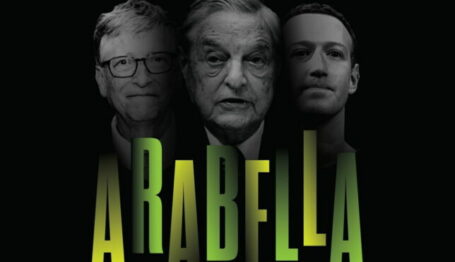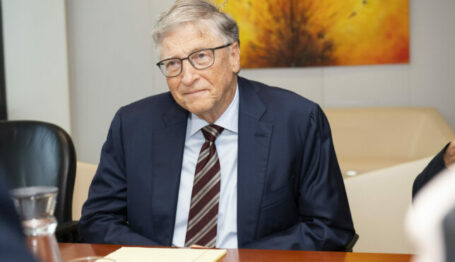Book Profile
The Great Philanthropists & the Problem of “Donor Intent”:
How can those who create charitable foundations ensure that their wishes will be followed after their deaths? What’s to prevent relatives, lawyers, and foundation officials from ignoring or reinterpreting a donor’s charitable intentions to fit their own plans for the money?
The Great Philanthropists and the Problem of “Donor Intent” examines this perennial problem in philanthropy. In this new revised edition, Capital Research Center Visiting Fellow Martin Morse Wooster offers a fascinating overview of the founding fathers of American philanthropy. He examines the entrepreneurship and charity of Andrew Carnegie, John D. Rockefeller, Henry Ford, and others less well known who created vast new wealth and then contemplated what would become of it after they died.
In some cases, such as the JM Foundation, Bradley Foundation, and Duke Endowment, the intentions of donors have been upheld. In far too many others, however ?? including the Rockefeller Foundation, Ford Foundation, and Pew Charitable Trusts ?? donor intent has been disregarded or brazenly violated.
Wooster explains why this is the case and offers advice for donors who wish to ensure that their intentions are upheld. W.J. Hume says in the preface, “There is a world of difference between those who earn great wealth and those who are bequeathed great wealth ?? and then find themselves responsible for spending someone else’s money. Martin Wooster’s recommendations should be carefully considered by those who wish to avoid the pitfalls of modern philanthropy.”
How can those who create charitable foundations ensure that their wishes will be followed after their deaths? What’s to prevent relatives, lawyers, and foundation officials from ignoring or reinterpreting a donor’s charitable intentions to fit their own plans for the money?
The Great Philanthropists and the Problem of “Donor Intent” examines this perennial problem in philanthropy. In this new revised edition, Capital Research Center Visiting Fellow Martin Morse Wooster offers a fascinating overview of the founding fathers of American philanthropy. He examines the entrepreneurship and charity of Andrew Carnegie, John D. Rockefeller, Henry Ford, and others less well known who created vast new wealth and then contemplated what would become of it after they died.
In some cases, such as the JM Foundation, Bradley Foundation, and Duke Endowment, the intentions of donors have been upheld. In far too many others, however ?? including the Rockefeller Foundation, Ford Foundation, and Pew Charitable Trusts ?? donor intent has been disregarded or brazenly violated.
Wooster explains why this is the case and offers advice for donors who wish to ensure that their intentions are upheld. W.J. Hume says in the preface, “There is a world of difference between those who earn great wealth and those who are bequeathed great wealth ?? and then find themselves responsible for spending someone else’s money. Martin Wooster’s recommendations should be carefully considered by those who wish to avoid the pitfalls of modern philanthropy.”
Contents
Preface
W.J. Hume, Jaquelin Hume Foundation
Introduction
American Philanthropy and the Problems of Donor Intent
Chapter One
The Rockefeller Legacy
Chapter Two
Undermining Donor Intent:
The Ford Foundation, Carnegie Corporation of New York, John D. and Catherine T. MacArthur Foundation, Pew Charitable Trusts, Barnes Foundation, and Buck Trust
Chapter Three
Preserving Donor Intent:
The JM Foundation, Lynde and Harry Bradley Foundation, Duke Endowment, and Conrad N. Hilton Foundation
Chapter Four
A Legal History of Donor Intent
Conclusion
What Donors Can Do
Notes
Index



